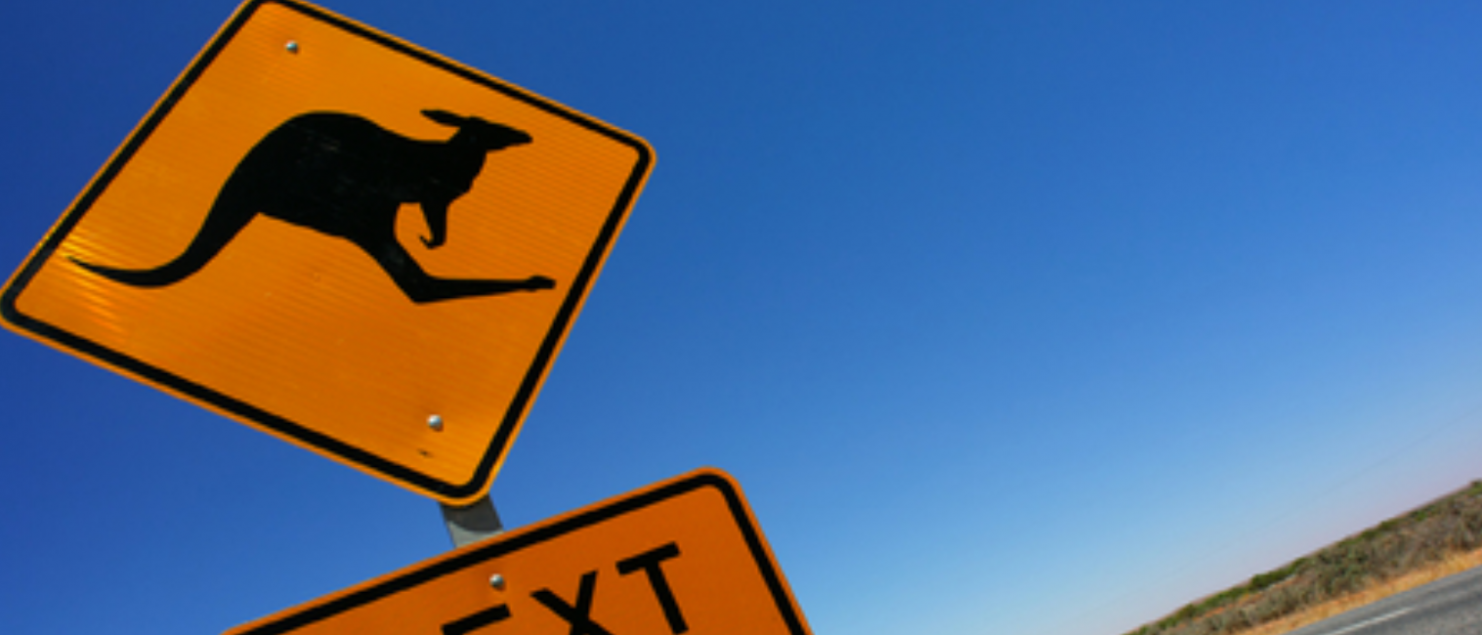4th February 2009 saw a sudden death to promising Project Kangaroo, the BBC‘s joint venture project in digital distribution along with partners ITV and Channel 4. Regulation had been expected, maybe a halt due to various reasons but certainly not the one issued by Britain’s Competition Commission.
The basics of Project Kangaroo had been sketched as early as of 2004. BBC started out developing an IPTV solution for video on demand (VoD), aiming at recycling content. Despite some minor drawbacks, the Integrated Media Player (later known as iPlayer received a warm welcome and enabled a successful entry into digital distribution. In November 2007, the joint venture between BBC, ITV and Channel 4 was announced.
In the British Competition Commission’s (CC) news release [link broken, 2016-03-10], CC chairman Peter Freeman calls the project a “threat to competition in this developing market” which “has to be stopped”.
Why?
The CC argued the concentrated power of three out of four terrestrial broadcasting services would dominate smaller content providers, creating an online monopoly. In an attempt to urge all participating members to keep their role as competitors, aim was to support the user’s benefit.
One hop back…
I must admit, I was surprised to see the project completely stopped. The most obvious reason the BBC has to get digital is straight forward: Triple play and media convergence have been touted long since. Strategically, broadcast – and this means any broadcast service – has to stake its digital claim threatened by web services like Hulu, Joost, Apple’s iTunes and YouTube.
The ubiquitous ease of mobile use can’t be achieved with old skool TV. It is not just for local ubiquity: Any content is available at any time. More importantly, as Trent Reznor does with his audience, it is a must to get interactive and get involved with viewers. The only way out is: go digital, get online and offer a sheer wealth of content otherwise lost in the archives.
Having three main players on board with the option to offer more providers’ content later has been a great chance for Britain. One has to keep in mind the national effort to work on a “Digital Britain” [link broken, 2016-03-10]. Instead of advancing partnership and exploiting synergistic effects to bolster UK’s national media industry against Hulu et al., Kangaroo got slaughtered by Britain’s Competition Commission. Or, as Emily Bell puts it, it is a “bad case of analogue thinking in digital Britain”.
… two hops forward?
Yet, there actually is good reason to keep the Kangaroo from lively hopping. The media platform was supposed to be offered to other content providers as a means of distribution. The concept defined the platform as a one-stop solution, with the BBC being the only wholesaler in the market. Emily Bell suggested an ex-post regulation to this, while the CC unmistakenly opted for a whole new approach as a premise to implementation. No doubt, it would have been wise by the CC to clearly point out that out way before. Before about 50 people had to be dismissed and before £ 25m were spent on a dead Kangaroo, that is.
Moreover, the BBC has not one, but two fallback projects in the making. Now here’s the good news: As Mark Sweney shows the setback might well be of advantage. Of course, UK broadcasters still can distribute content via Hulu, iTunes etc. Drawback is, the majority of profits goes to foreign investors. But while non-UK providers and investors will get the first share, BBC can come up with two alternatives after having recovered.
Project Marquee focuses on commercialising the iPlayer brand. Since iPlayer is successfully implemented, it is just a question of getting the BBC’s internal “Go”.
Project Canvas [link broken, 2016-03-10] avoids shortcomings mentioned before. In December 2008, the BBC and (yet again) ITV plus internet service provider BT joined for developing an open VoD freeview platform. So any consortium would not be constrained by the British Competition Commission. Even more important is the fact actually any content provider might benefit and employ the platform for distribution – without anyone acting as a wholesaler. This includes British broadcasters as well as third party players as YouTube, Hulu and Joost.
Stopping Project Kangaroo might either lead to distribution via foreign providers or to developing scattered national distribution platforms. Project Canvas on the other hand, enables merging all content into one solution under British guidance.
Network neutrality
Obviously, Project Canvas is a smart move. Hopefully, the open platform envisioned will not suffer from lack of freedom in distribution of digital content. To be precise, seeing BT involved makes me worry. Any influence of a provider on assigning bandwidth to certain content or a group of content providers should explicitly be excluded to secure network neutrality [link broken, 2016-03-10].


2 Comments
Join the discussion and tell us your opinion.
Ursprünglich sollte dieser Artikel einen Vergleich zwischen der deutschen öffentlich-rechtlichen Rundfunklandschaft und der derzeitigen Situation britischer Public Service Broadcasting-Dienstleister ziehen. Denn Auslöser und Grundlage meines Kommentarbedü
The BBC should have contacted me back in 2004 to develop their VoD freeview platform.
Sugar was not the right man to develop a BSkyB competitor using Terrestrial and Copper Broadband.
Intelligent design is required to ensure that the system does not stutter or disrupt during peak load times.